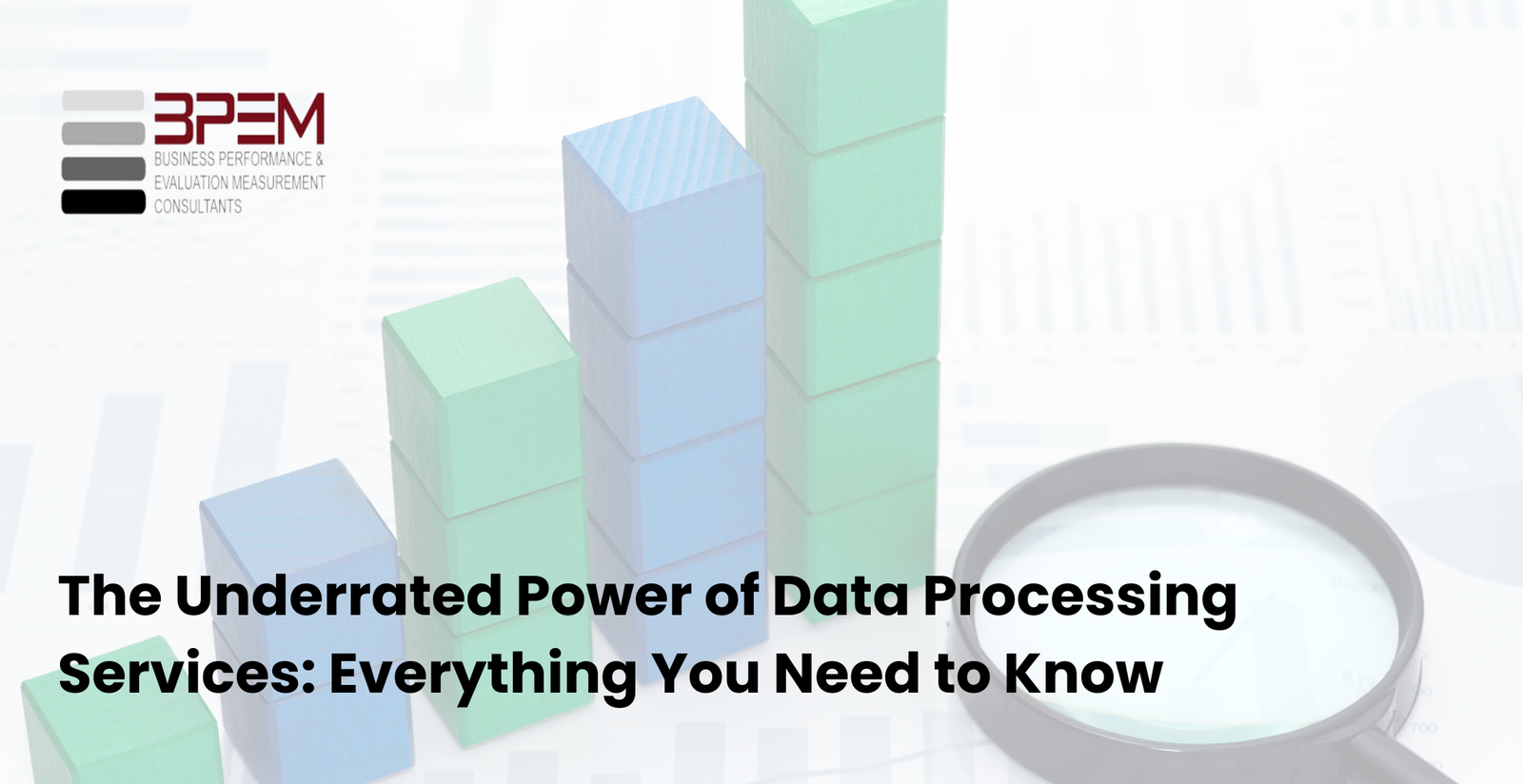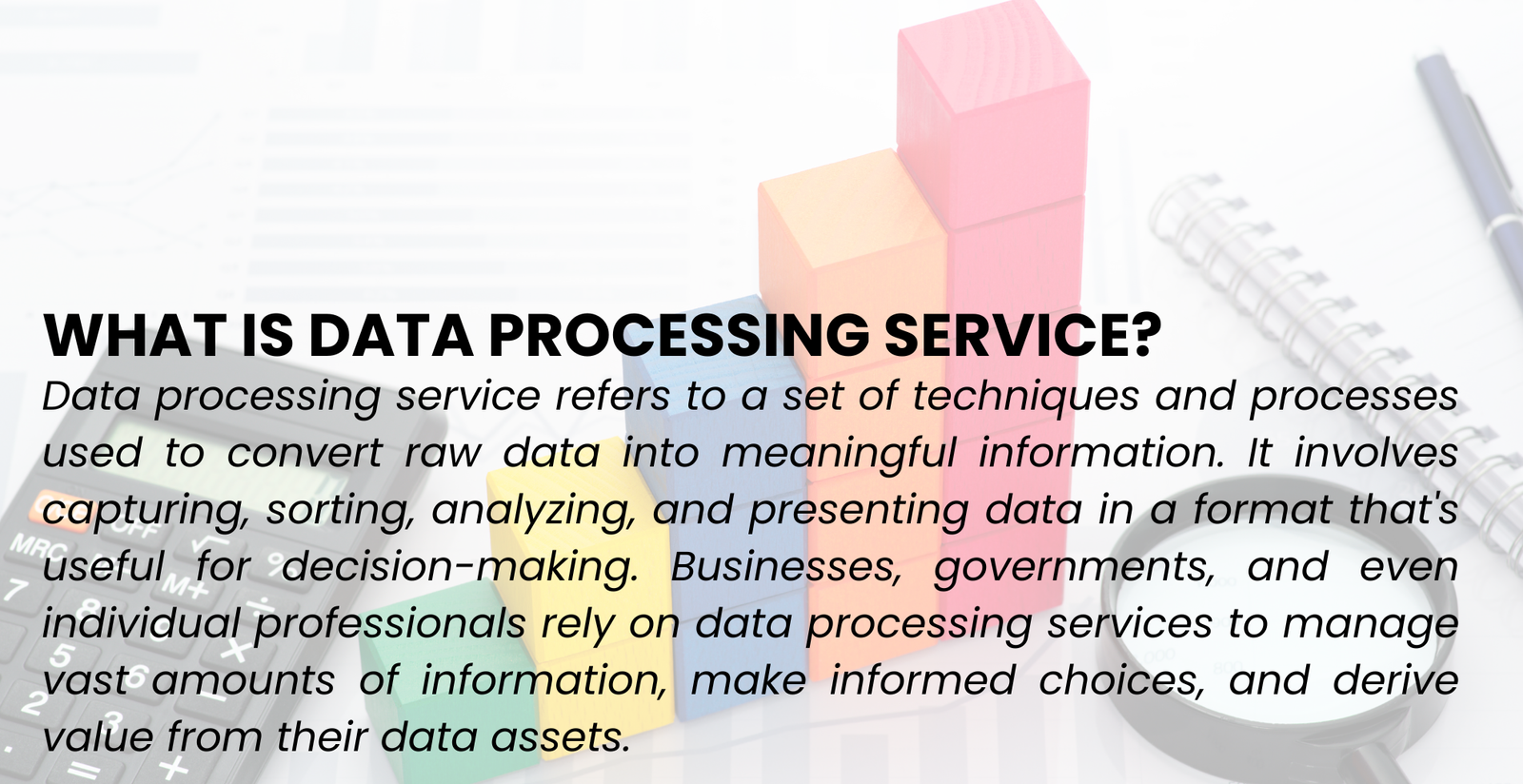Our Locations
USA Office:
Address:
446 Harrison St., Unit 84A Sumas, WA
98295-9613
Canada Office:
Address:
21996 Maxwell Crescent Langley, BC
V2Y 2P9, Canada
Dubai Office:
Address:
Office 2004-036, IBEX Business Center, Aspin Commercial Tower, Dubai UAE
Pakistan Office:
Address:
Commercial Building # 19, 1st Floor, AHSAAN ARCADE, Street # 04, Block “A”, Main Double Road SOAN GARDEN, Islamabad, Zone V PAKISTAN, 44000
© BPEM. All rights reserved.







